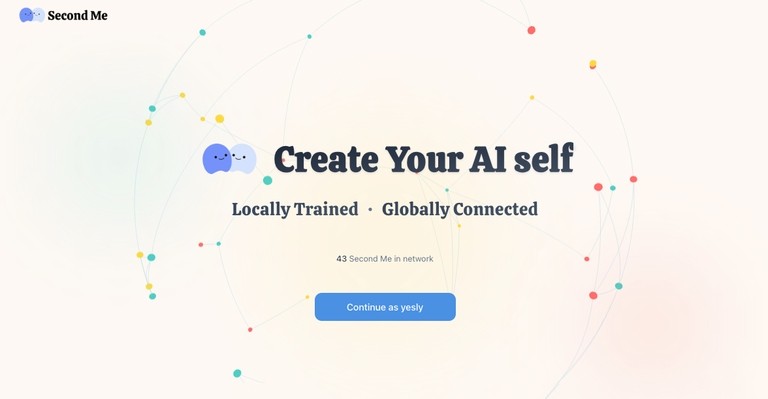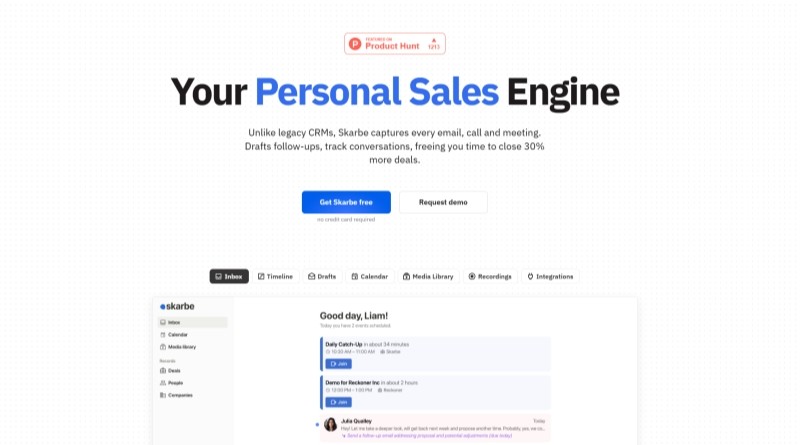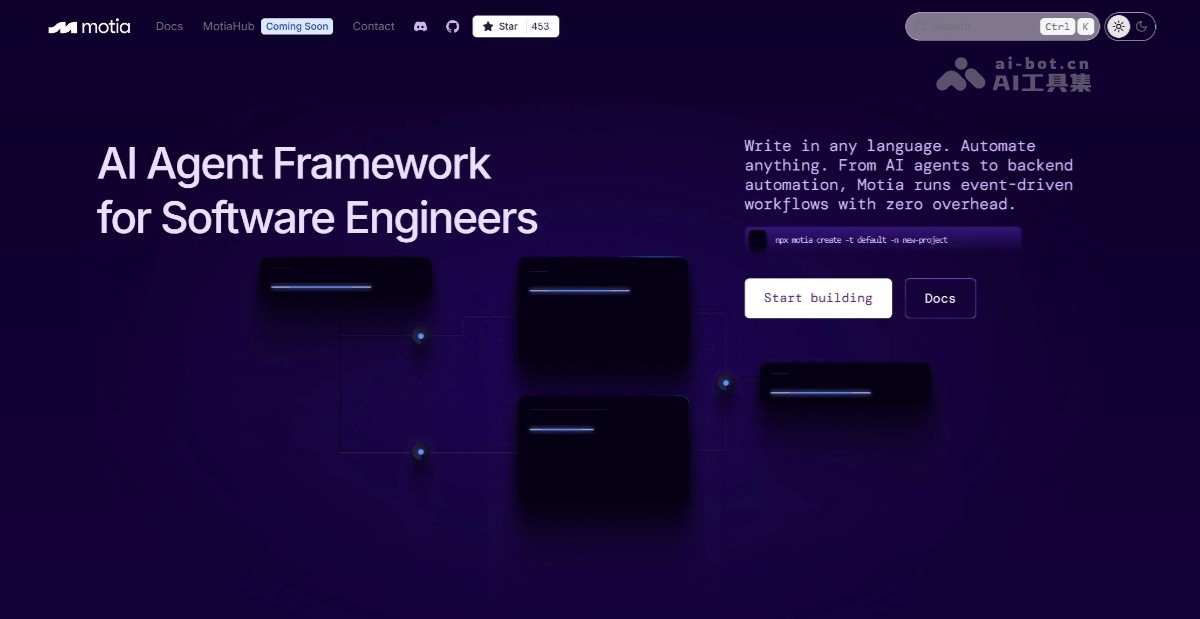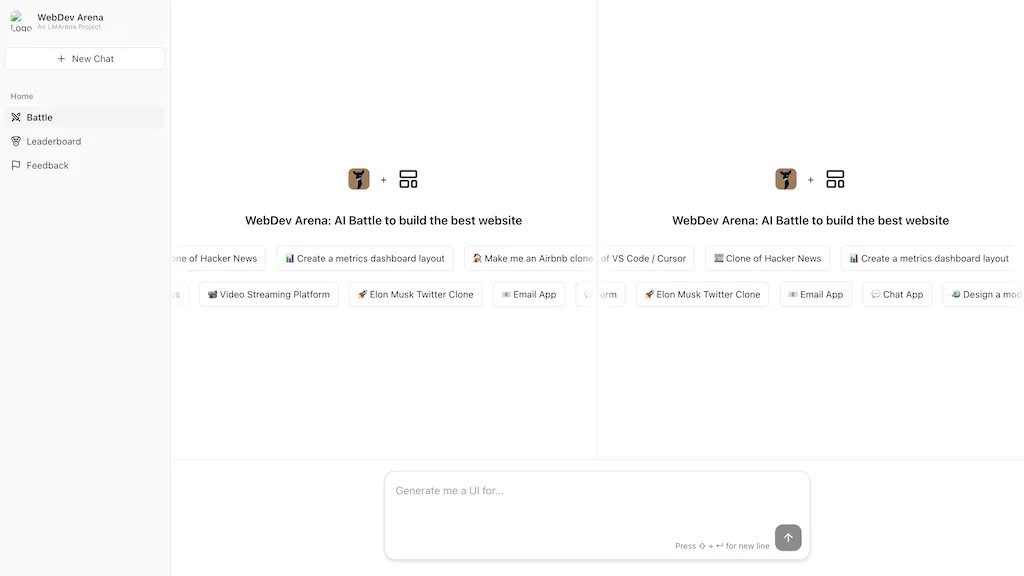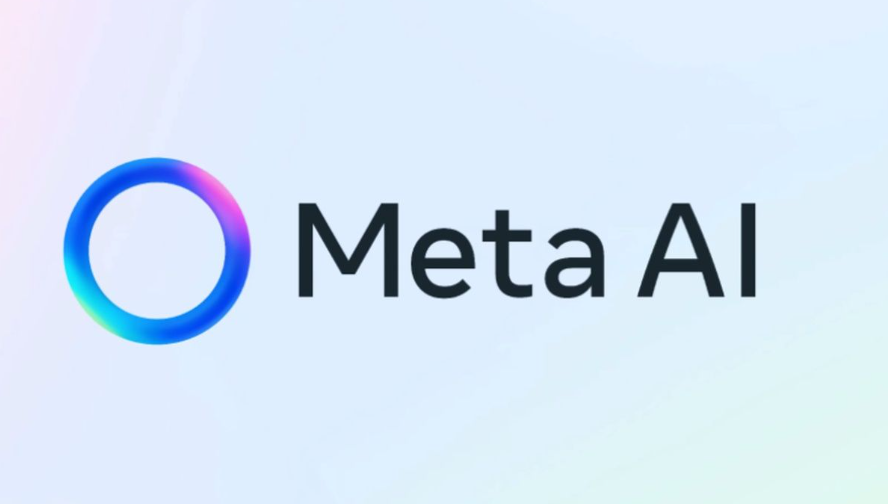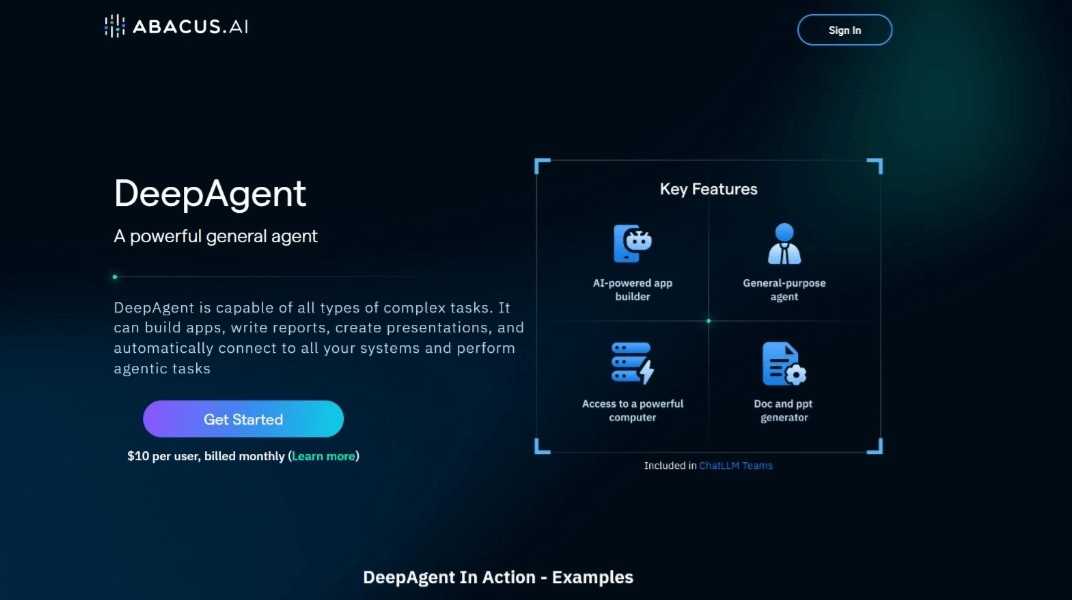DataBonsai
DataBonsai is a Python library using large language models for data cleaning, classification, and transformation with built-in validation.
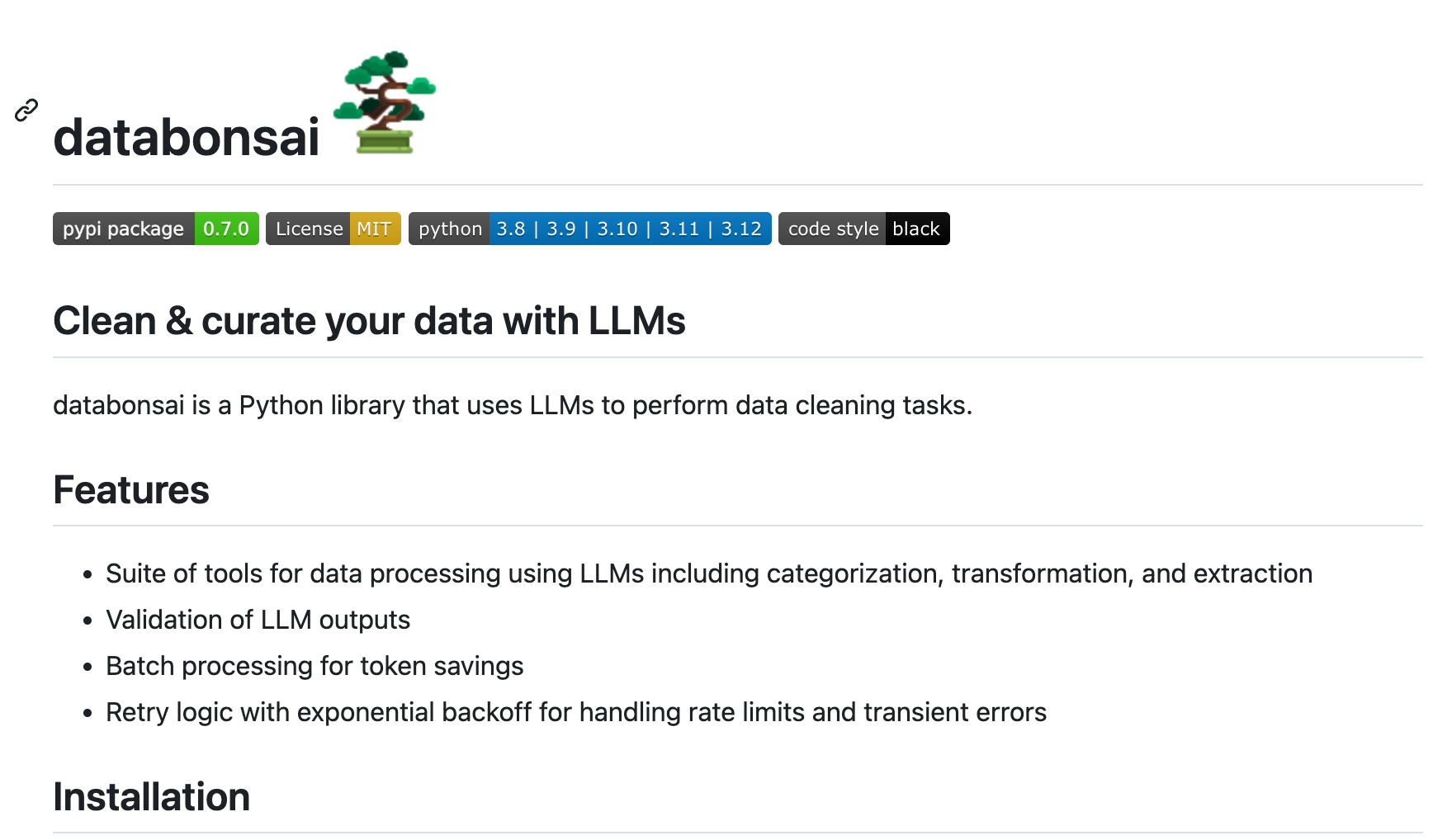
What is DataBonsai?
DataBonsai is a Python library that utilizes large language models to handle data cleaning tasks. It provides tools for data classification, transformation, and extraction with built-in validation. DataBonsai supports batch processing and includes retry logic to manage errors effectively.
